Many university lecturers said they are very scared every time their school is inspected because it takes a lot of time and effort for them.
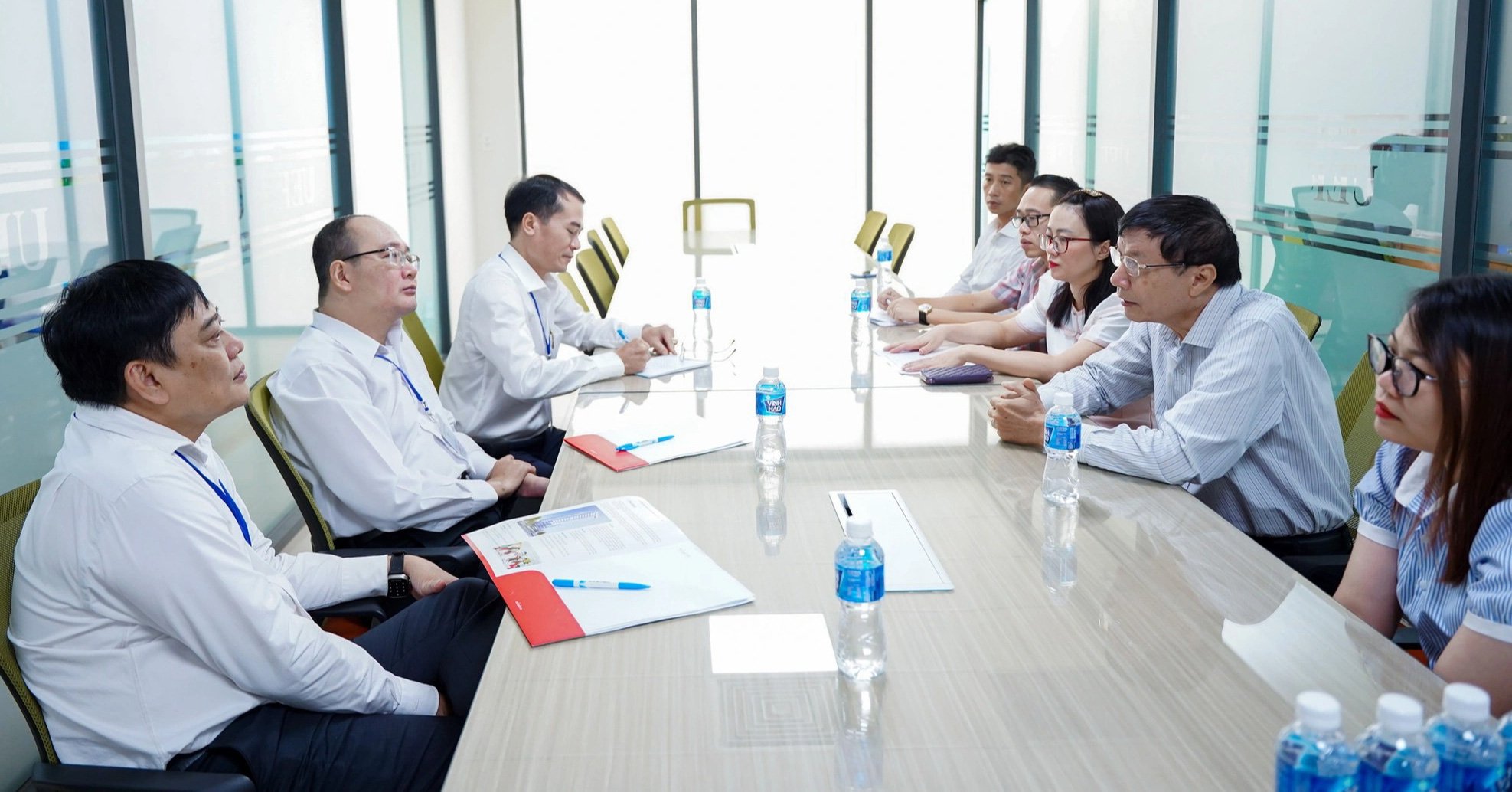
The Center for Education Quality Assessment (Ho Chi Minh City National University) surveyed the training program at the University of Economics and Finance, Ho Chi Minh City - Photo: NT
In addition to major accreditation every five years, schools must also conduct mid-term self-assessments, annual assessments, and then accreditation of educational institutions and training programs...
The most important thing about accreditation is the comments and advice from experts. They are independent so they give their comments frankly and comfortably without feeling like they are being inspected! Accreditation according to regional and international standards helps the school's program approach regional standards and students are recognized internationally.
Mr. NGUYEN DUC TRUNG (Principal of Banking University of Ho Chi Minh City)
"Scared"
Talking about accreditation, Mr. V. - a lecturer at a public university in Ho Chi Minh City - summed it up in two words: "fear". According to this lecturer, when programs are accredited for the first time, lecturers are very tired when writing reports.
"Partly because the lecturers are inexperienced, they do not do the samples correctly and have to revise them many times. The evidence has to be retrieved from many different departments. Outside of teaching hours, the lecturers have to concentrate for several months to complete the evidence and reports, leaving no time for other work such as research or supporting students," said this lecturer.
Meanwhile, a lecturer who wrote the report said that the first time they did a program assessment according to AUN standards, the report writing team had to stay up all night at school for several months to complete the report. This person said that in addition to reports and evidence like domestic programs, documents had to be translated into English and scanned into files.
"Just translating and scanning a bunch of documents takes a lot of time. That's just a major assessment that's valid for five years. Every two years, the training program is reviewed, and every year, adjustments are made if necessary," said this lecturer.
Similarly, Mr. T. - a lecturer at a university in Ho Chi Minh City - frankly said that it seems that universities now only have two goals: accreditation and ranking.
"All year round, lecturers have to spend a lot of effort on this. For example, my department, just counting the documents prepared for program accreditation, there are dozens of different boxes of paper. Lecturers have to write reports, evidence, and work for months to complete the documents.
There are things that need to be fully legalized. For example, each semester has a certain number of seminars, but there are semesters with no seminars or too few, so lecturers have to "compose" seminars including the name of the seminar, the content of the seminar and the content discussed in that seminar. I strongly disagree with this because the lecturer's duty is to teach, research and support students" - Mr. T. said indignantly.
Meanwhile, although the accreditation process takes a lot of teachers' time, lecturer Q. said that the amount of time it takes depends on the storage system and work process of each school.
For example, for you personally, the documents proving the preparation of textbooks and lecture notes need the decision of the faculty, school, and acceptance decision. Evidence of scientific research also does not take much time. For teaching evidence, it requires teaching time, exams, test questions, and transcripts. Exam scores include many columns such as attendance, midterm, final, and exam format.
There is also administrative work, student support. All of this, if stored scientifically on the system, will not take much time to retrieve. Otherwise, it will take a lot of time to find evidence.
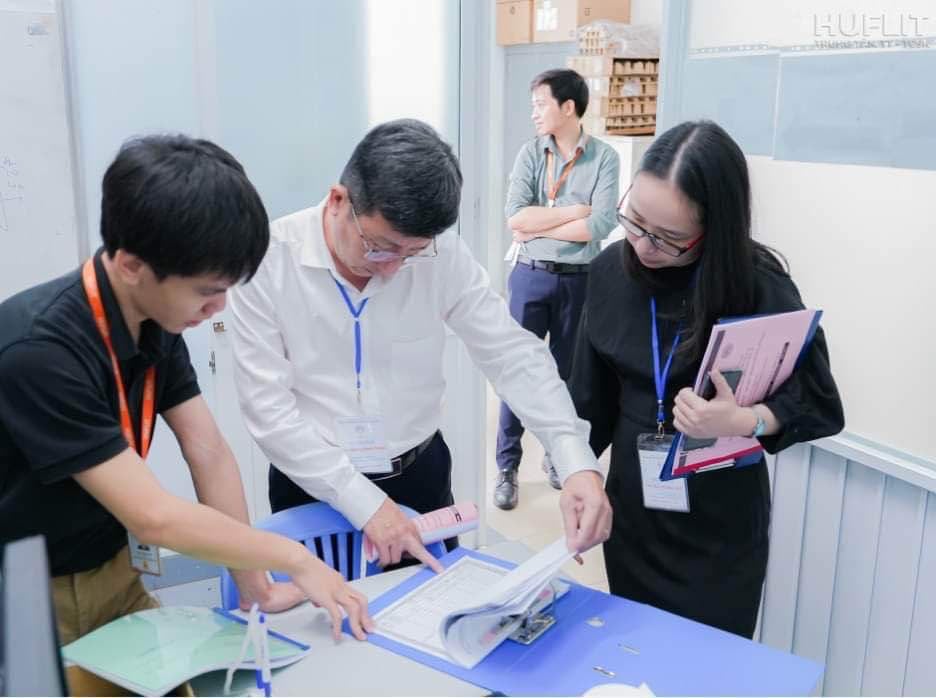
An education quality assessment team is surveying the training program at Ho Chi Minh City University of Foreign Languages and Information Technology - Photo: CEA
Time consuming and laborious to verify
Explaining why university lecturers are afraid of accreditation, a former university principal said that from east to west, most lecturers do not like to do work related to accreditation. For them, focusing on teaching and research is more important. A lecturer’s annual teaching hours are not only class hours but also lesson preparation hours, grading hours and subsequent procedures.
"In the context of having to conduct accreditation, universities need to have a department specializing in this. There are ready-made forms for lecturers to fill out and both parties agree on. In fact, it takes a lot of time for lecturers to write reports and find evidence, and sometimes the compiler also has to make corrections, which wastes both parties' time.
I think there are cases of not finding evidence and "invention" in the assessment report, but not many. However, I feel that the current assessment regulations make universities focus too many resources on this work," he said.
From the university perspective, accreditation is mandatory, so even though it takes time and money, it must be done. Mr. Nguyen Xuan Hoan - Principal of Ho Chi Minh City University of Industry and Trade - admitted that accreditation does take a lot of time and effort from the teaching staff and the quality assurance department, but it is a must.
"On average, an accreditation program takes three months of work. However, to have these three months, the school must prepare about a year in advance. For new majors, the school must prepare right from the first year of students so that when students graduate, they can conduct the accreditation of the program. If we wait until students graduate to conduct the accreditation without prior preparation, it will take a lot of time," said Mr. Hoan.
Mr. Nguyen Duc Trung - Principal of Banking University of Ho Chi Minh City - said that the domestic assessment cost is about 350 million VND, including the cost paid to the assessment organization of about 180 million VND, the rest is paid for internal self-assessment, accommodation and costs when the delegation comes to assess. AUN has a similar total cost.
Mr. Trung added that the reason lecturers have a harder time doing accreditation is because they themselves have not followed the relevant regulations: "About three years ago, lecturers at Ho Chi Minh City Banking University reacted very strongly when they had to write reports and provide personal evidence during accreditation.
They think that the task of a lecturer is to teach and research. But teaching includes the process before, during and after teaching. Lecturers not only submit transcripts but also have to survey students' evaluations, evaluate the program, and determine whether the scores are appropriate. Lecturers then hardly do reports after finishing the course, so having to reproduce evidence takes a lot of time.
The school pays lecturers to do these things (according to the ministry's regulations), not just to teach. The departments involved in investing in and using the working facilities sometimes only communicate verbally or by phone without any written evidence. When conducting an inspection, written evidence must be reproduced for each item."
Quite expensive
According to Mr. Nguyen Xuan Hoan, accreditation is currently quite expensive. The average cost of accreditation of a training program according to domestic standards is about 350 million VND. The cost of AUN accreditation in the contract is lower than in the country, but the costs not included in the contract are not low either.
The value of quality control
Although accreditation takes a lot of time, effort and money, many opinions say that it helps schools and faculties a lot in building programs and international integration.
A lecturer at a university said that in the past, the curriculum was built by the faculty, thinking that whatever subjects were needed would be included in the training program. However, when it was assessed, it was found that this process was incorrect.
First, it is necessary to survey learners, businesses and stakeholders to see what knowledge and skills are required in that industry, refer to what standards are required for job positions, and develop knowledge, skills and output standards before building a training program according to the school's goals and resources.
There must be logic in building the program and the subjects must be based on these standards. Therefore, after the assessment, building a new program will be faster and more reasonable.
Source: https://tuoitre.vn/kho-voi-kiem-dinh-chat-luong-giao-duc-20241109001525649.htm


![[Photo] Prime Minister Pham Minh Chinh chairs meeting to discuss tax solutions for Vietnam's import and export goods](https://vstatic.vietnam.vn/vietnam/resource/IMAGE/2025/4/10/19b9ed81ca2940b79fb8a0b9ccef539a)

![[Photo] Phuc Tho mulberry season – Sweet fruit from green agriculture](https://vstatic.vietnam.vn/vietnam/resource/IMAGE/2025/4/10/1710a51d63c84a5a92de1b9b4caaf3e5)
![[Photo] Unique folk games at Chuong Village Festival](https://vstatic.vietnam.vn/vietnam/resource/IMAGE/2025/4/10/cff805a06fdd443b9474c017f98075a4)




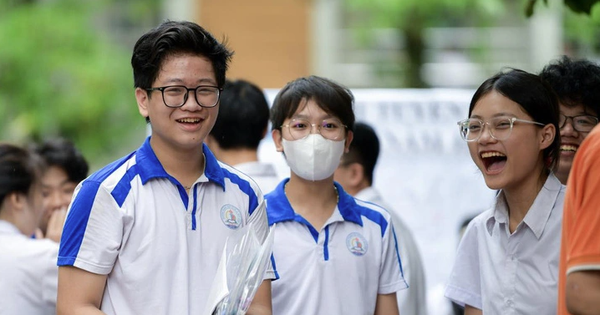

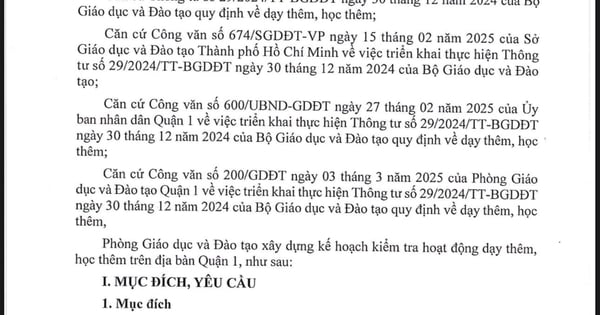




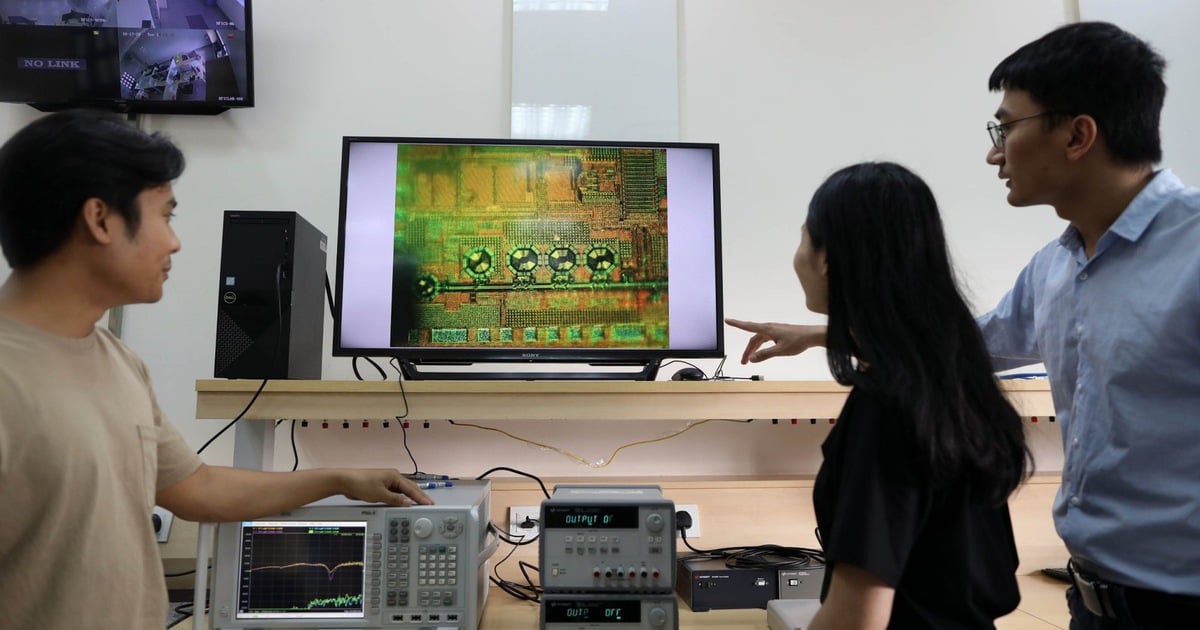

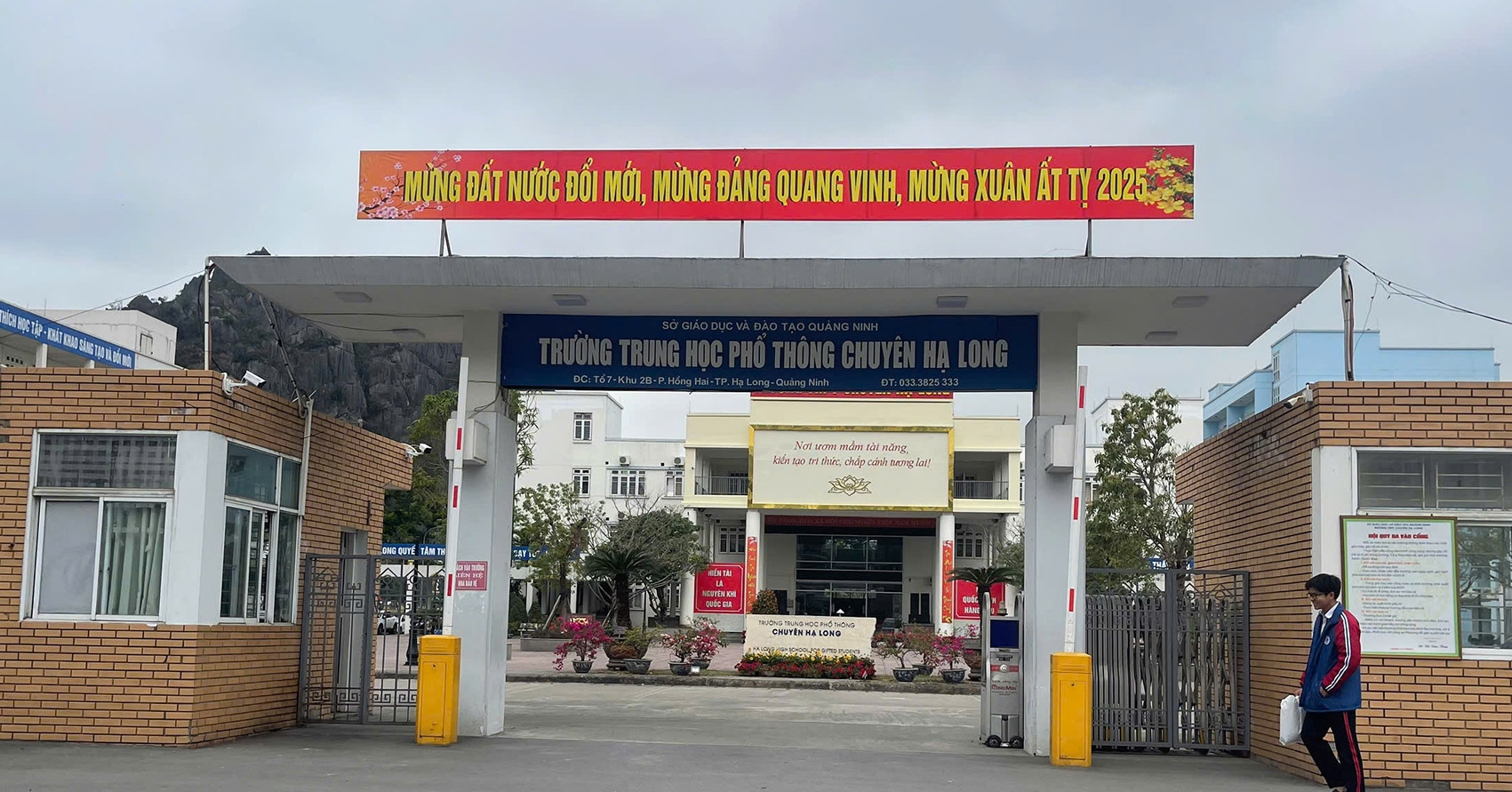
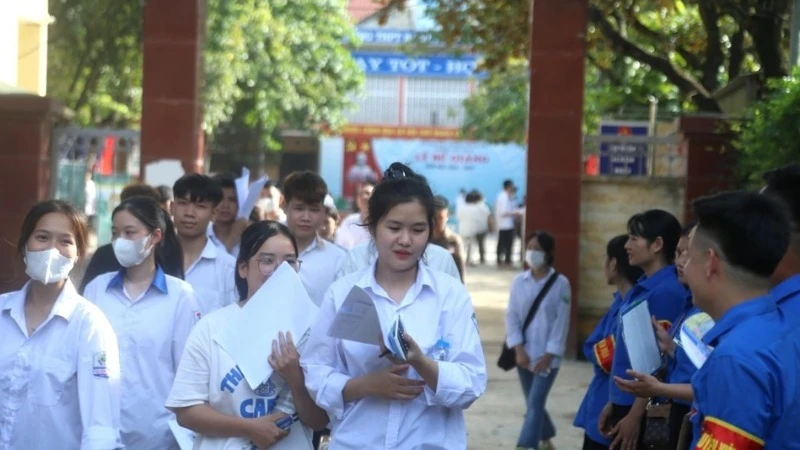
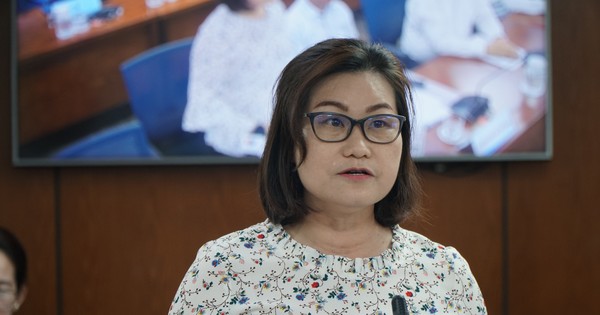

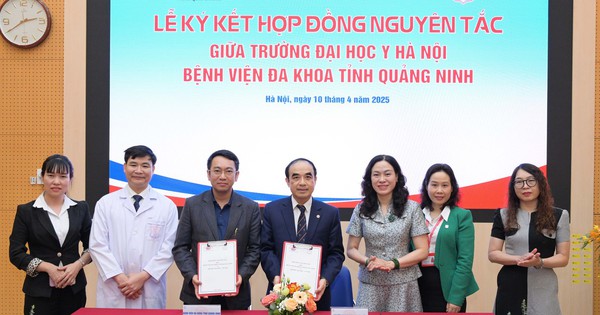





















































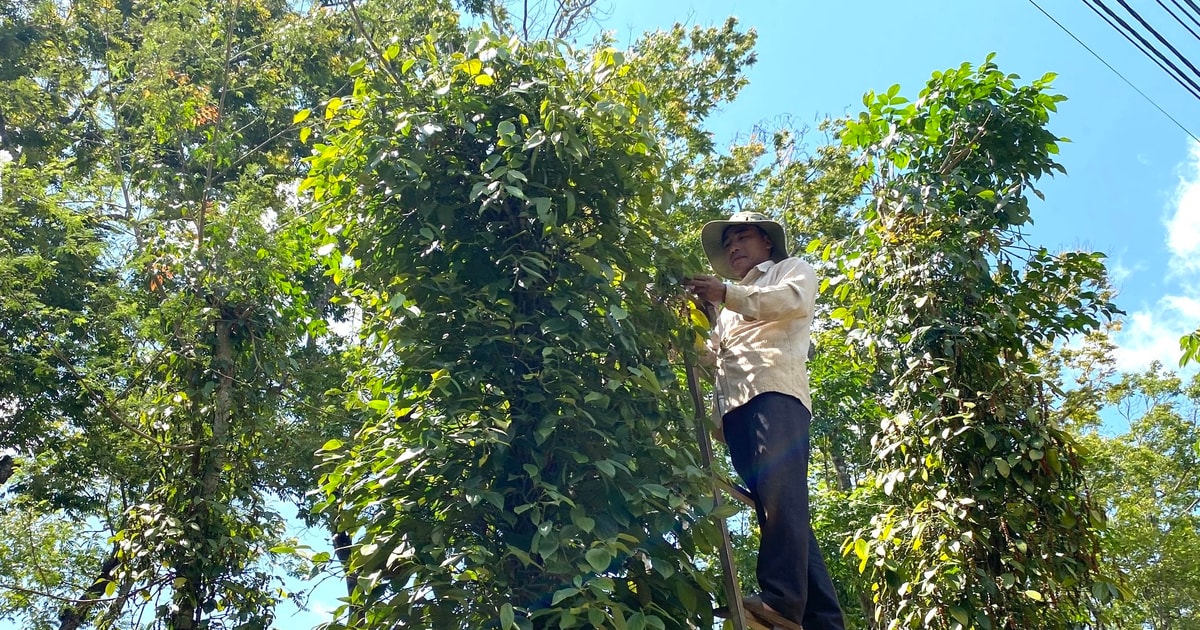

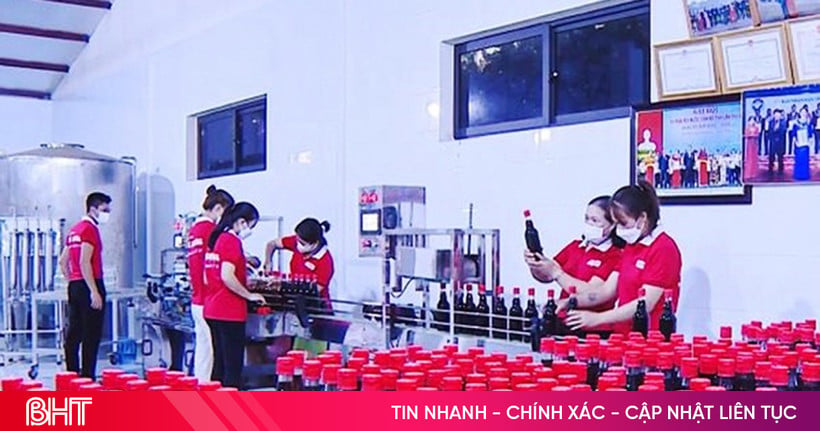

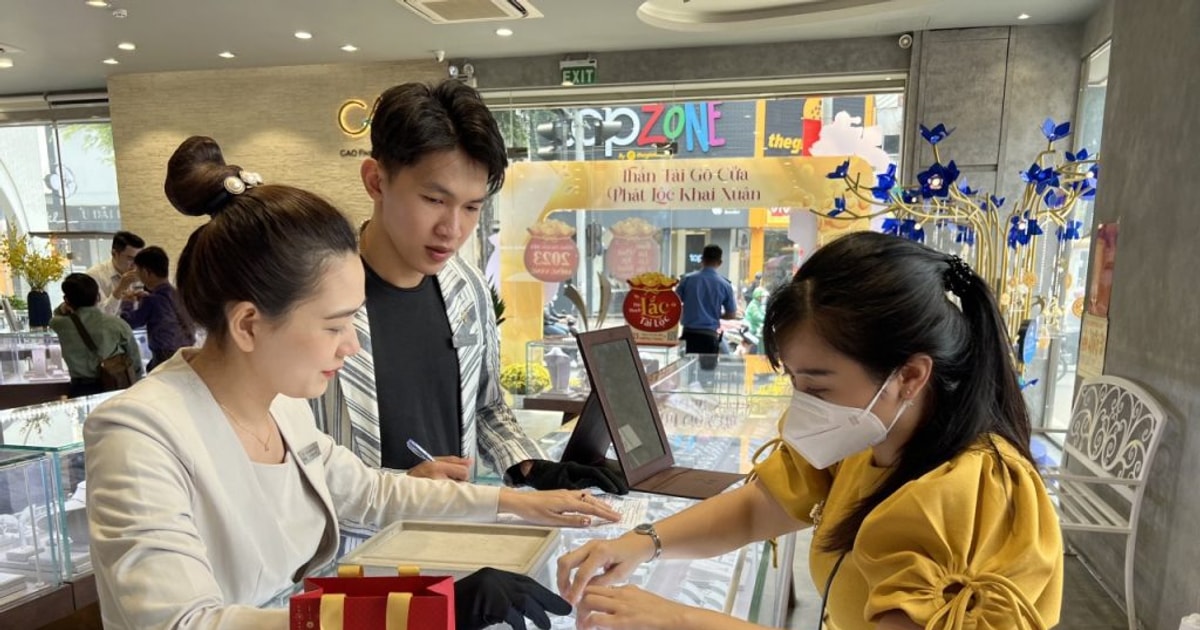











Comment (0)